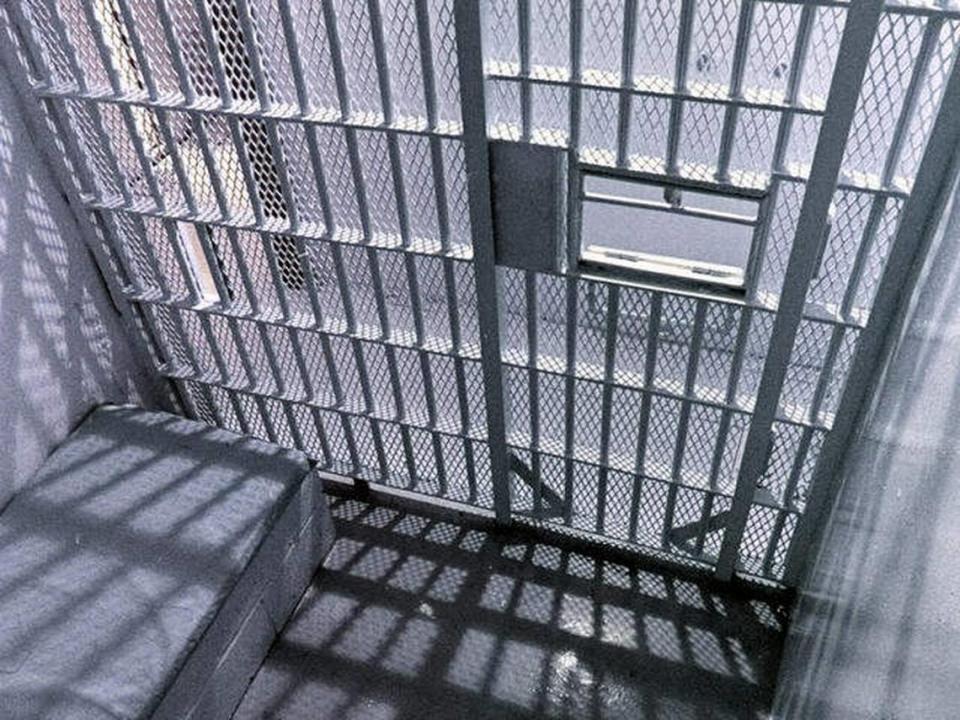New NC prison policy on cards and letters is cruel and confusing

I have kept every letter my family members have ever sent me. I’m sure many of our readers have too. Birthday cards, postcards, and little notes from care packages are all saved in different boxes. Sometimes, the letters I’ve kept include comic strips or drawings or stickers, reminders that my loved ones are thinking of me.
If these cards and notes were just photocopies of an original, it wouldn’t feel the same. The human touches, smudges of ink and scribbled out misspellings and the care breathed in the paper would be replicated in black and white perfection, sanitizing it of the emotions that live in a handwritten document.
While we would all agree that photocopies of letters aren’t the same as an actual letter, that’s what North Carolina inmates are getting. On Monday, the state Department of Public Safety launched a partnership with TextBehind, a private company that will process all incoming mail to North Carolina correctional facilities. The mail is sent to the company’s Maryland facilities, digitized, and sent to the prison. The prison approves and prints the pages and gives them to the prisoner.
The department began this program within the women’s correctional facilities in February 2020, pre-pandemic germaphobia. The state says it’s a safety initiative to reduce the amount of drugs coming into their facilities, and that it has reduced contraband in the four women’s prisons by 50 percent, with no mention of the specific data points or how often it had been occurring. The cost of safety is taking away an inmate’s connection to the outside world, and to their loved ones waiting for them.
Presumably the vast majority of these letters aren’t laced with fentanyl, LSD, or K2. They’re most likely from friends and family members on the outside, from children whose parents will cherish those drawings. They could be love letters from someone waiting for them, or birthday cards from a parent. Instead of a phone call, these letters stay with the person serving prison time, to remind them that they have a life outside. That’s what we want, right? We want inmates to be reacclimated into society, which they must do with the help of their loved ones.
The letters already were being inspected twice: the U.S. Postal Inspection Service already inspects mail for narcotics, and each of the 51 prisons has mailroom staff that open and inspect their letters before giving them to their intended recipient. They say the paper may be coated with fentanyl, the leading cause of overdose deaths in the United States, but also other drugs far less likely to be lethal (but still risky), like LSD or synthetic cannabinoids. While DPS is wringing their hands at the possibility of contamination for mail room attendants, it’s hard to believe that they’d ingest the drugs coated on the paper without intent. Wouldn’t extra attentiveness and safety equipment accomplish the same thing?
The new program doesn’t accept packages. It also doesn’t accept oversized envelopes or pop-up greeting cards, or even blank pages and stamps so the inmate can write back. It’s another layer of confusion: packages must be sent through the correctional facility, while the letters are going out-of-state (which also makes time an issue). The group has an app for sending letters, which costs 50 cents, but this isn’t a simple solution for everyone.
While the rate of incarcerated people in the state is lower than the national average, it’s still individually far beyond the incarceration rates of other countries. More than half of North Carolina’s prison population is Black, despite the fact that Black Americans make up less than a quarter of the state population. The prison system disproportionately condemns people of color, poor people, and mentally ill people, and treats them as sub-human. Taking away their access to handwritten letters and cards is another reminder that they are the other.
North Carolina corrections officers are understaffed, and the new state budget may increase their low wages. They say opening these letters is potentially harmful, and in theory, it makes sense.
That’s easy to say when it’s letters from someone else’s child, parent, or partner. If you would be hurt to receive a photocopy instead of the real thing because of a handful of letters, don’t make others accept it.

 Yahoo Finance
Yahoo Finance 